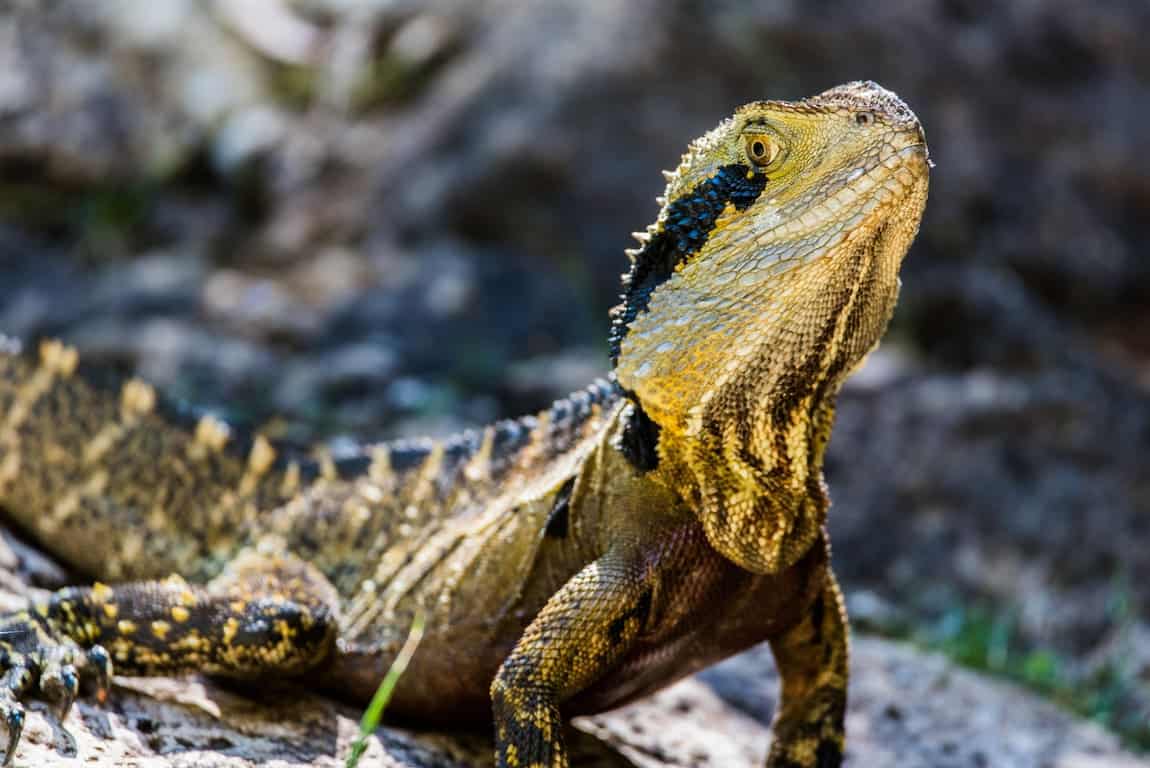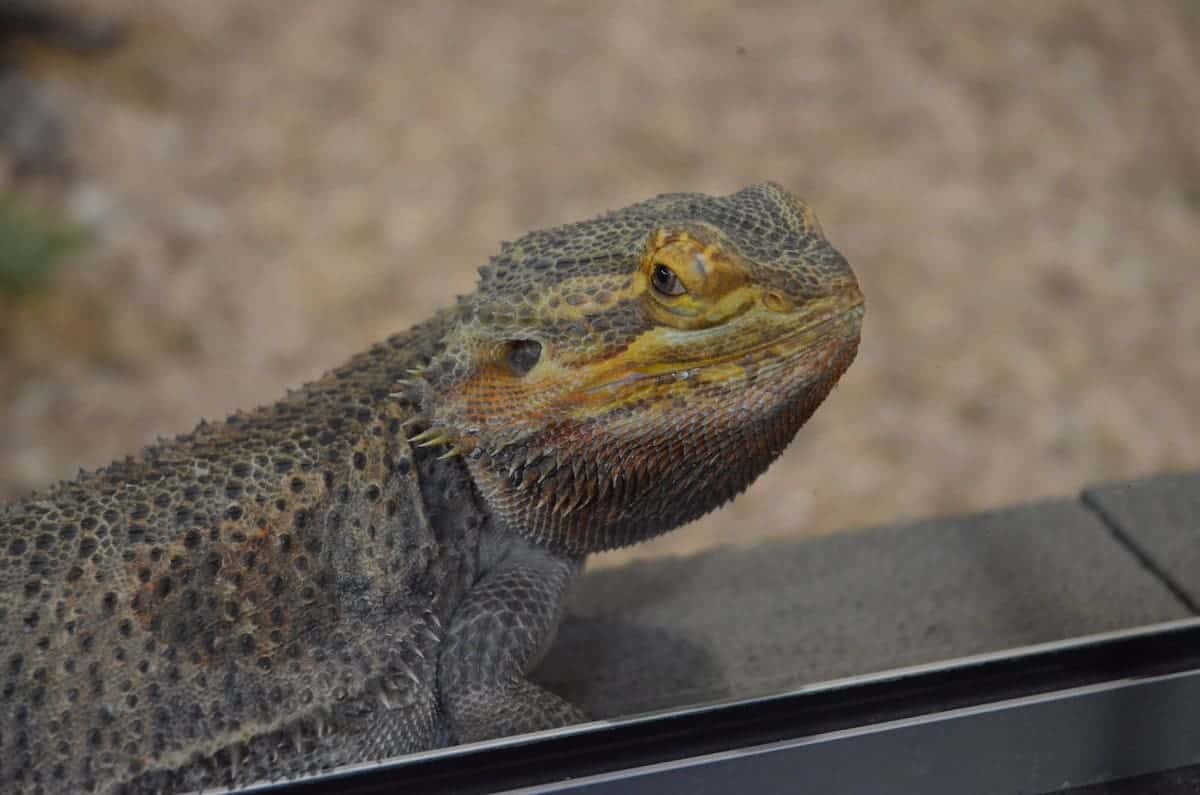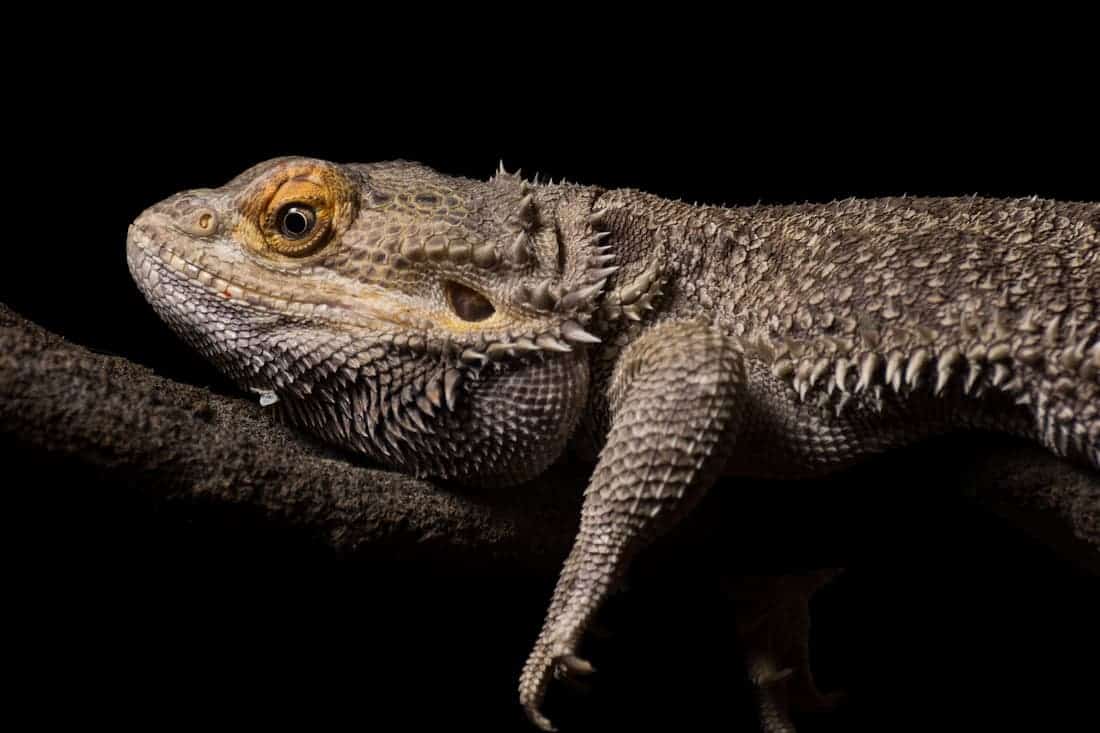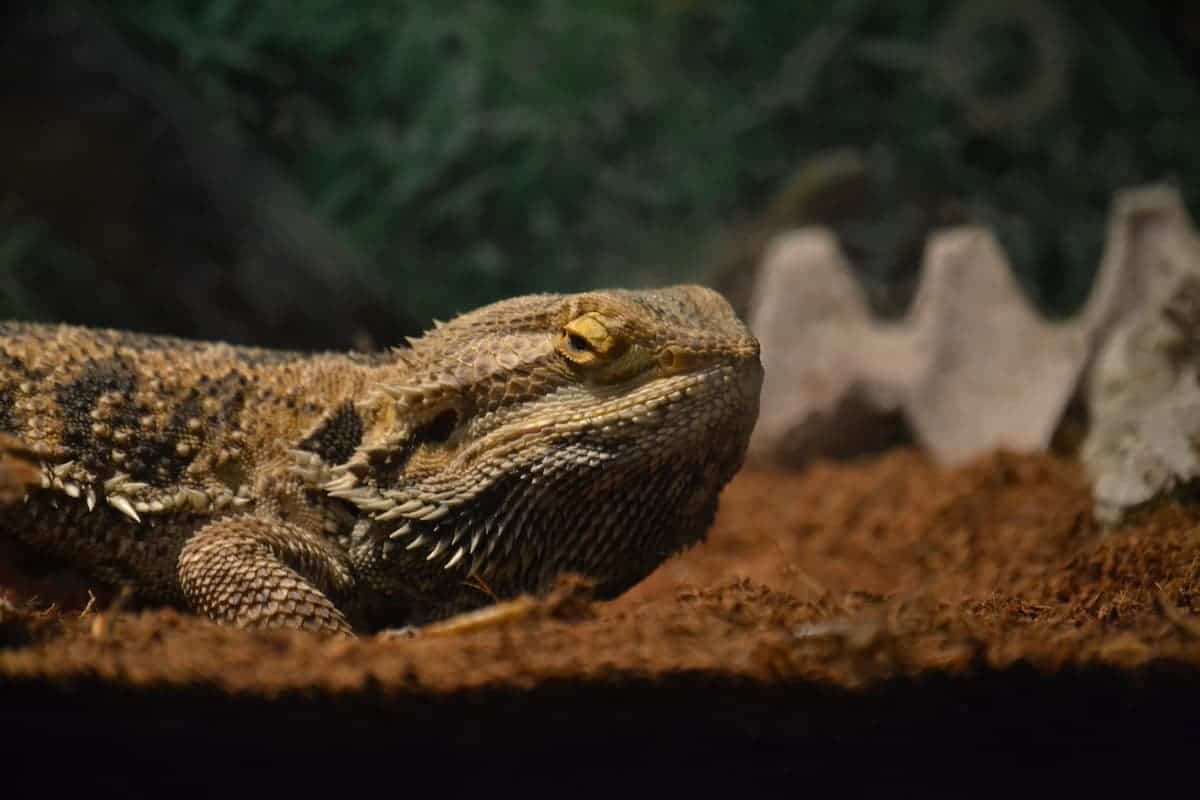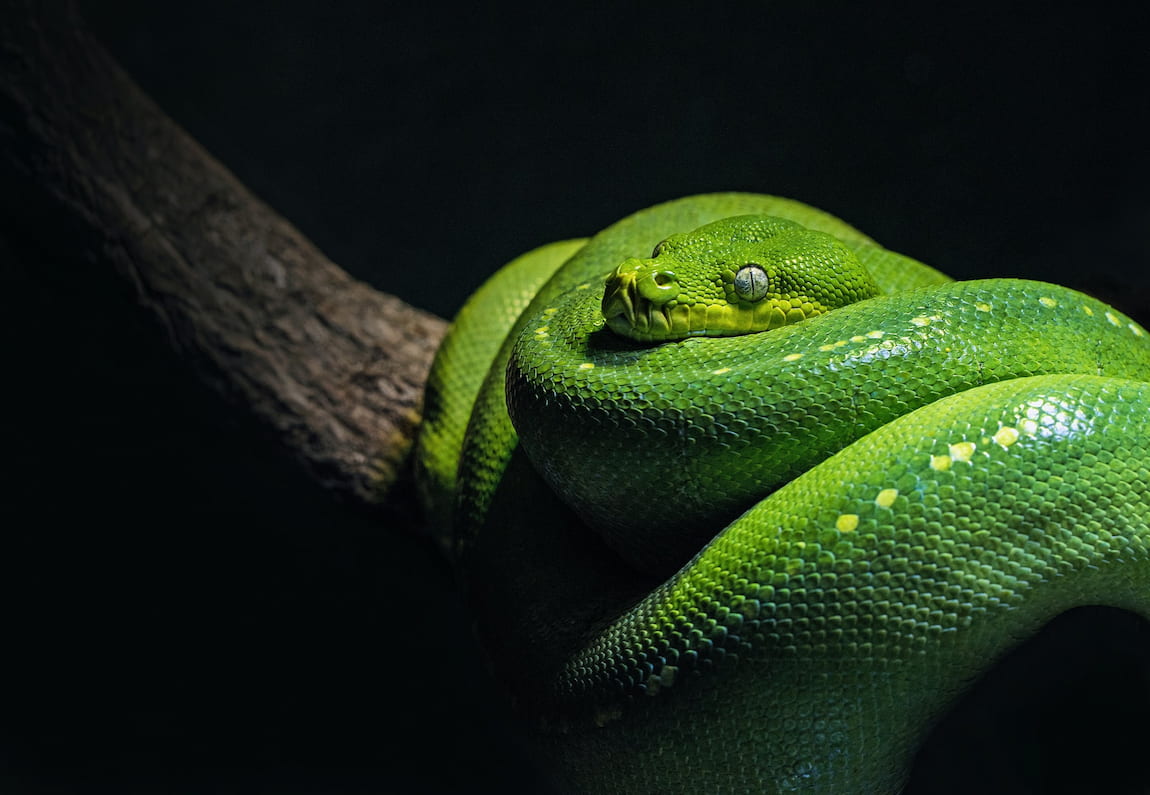What is Brumation?
Brumation is similar to hibernation in that the animal goes into a state of lower activity. Their heart rate, body temperature, and respiratory rate drops significantly to conserve energy.
Brumating animals differ from hibernating animals because brumating animals awaken to find food and water even during the cold months, while hibernating animals tend to remain completely asleep throughout the cold periods.
Generally, brumation refers to cold-blooded animals, and hibernation refers mostly to warm-blooded mammals.
What is Brumation in Bearded Dragons?
Bearded dragons don’t always brumate, but it’s important to be aware of this possibility. Brumation is a period of dormancy—such as hibernation, but for reptiles.
It’s a natural way for bearded dragons to survive the colder months of the year since they can’t regulate their own body temperature.
There’s no way to tell whether or not your bearded dragon will brumate, but they typically begin to brumate between the first and second years of life (sometimes later).
Brumation can last from a couple of weeks to around four months. There’s no need to be alarmed if your bearded dragon goes into brumation though, as there are plenty of things you can do to help it along the way.
How to Help Your Bearded Dragon During Brumation
Bearded dragons go into brumation as a response to the changing of the seasons, but sometimes it’s just a part of their biology that can’t be avoided.
You can help your bearded dragon through brumation by offering it food at least once a week. It won’t always have the appetite, but it’s important to give it the opportunity.
If your bearded dragon does eat, make sure that you leave the light on long enough for it to fully digest and pass its food before you leave it alone again.
